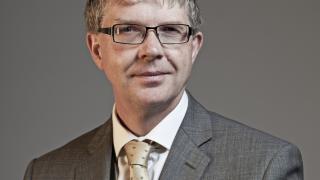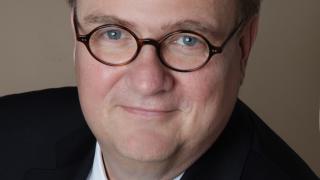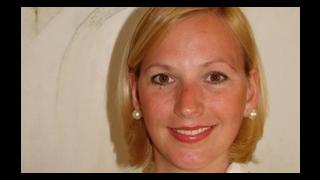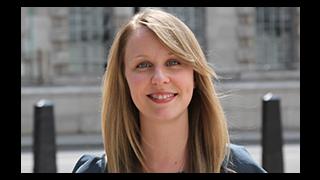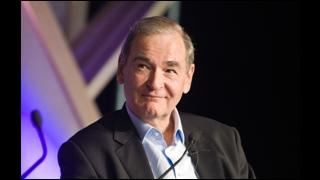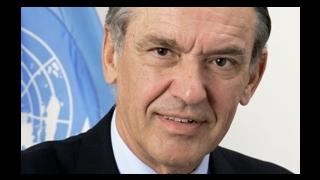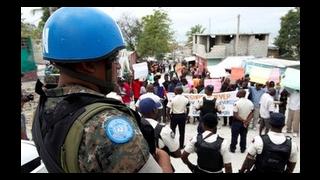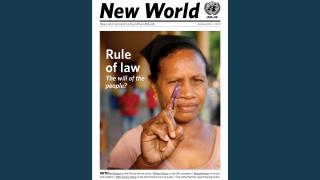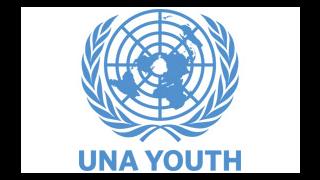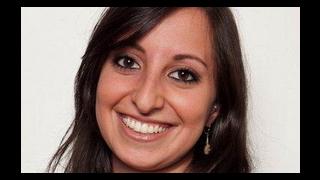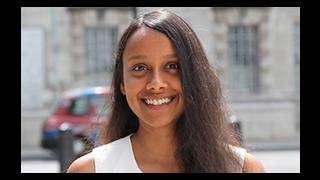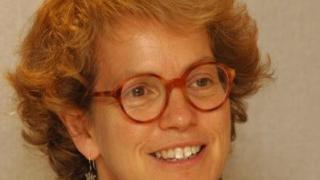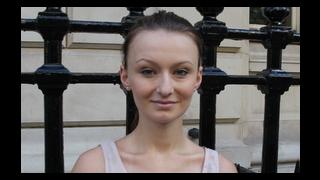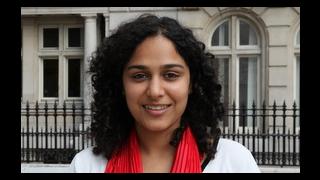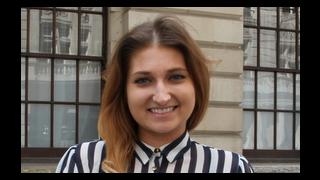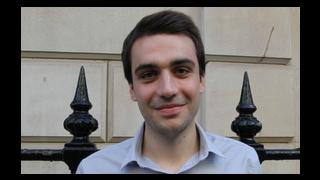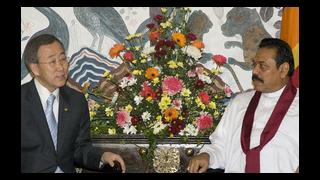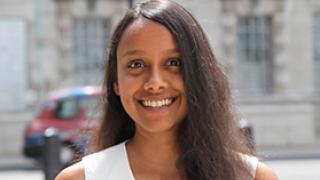
It seems apt that this issue of New World, the first since my appointment as UNA-UK Executive Director, focuses on the will of the people. As the Association approaches its 70th birthday in 2015, I am keen for us to reflect collectively on our role as a ‘people’s movement’ for the United Nations.
The creation of the UN in 1945 offered war-weary publics hope for a better future. In the UK, UNA-UK gave people the opportunity to engage with this promise. Today, we are no longer the only group working in support of the UN’s ideals. Many organisations in this country promote peace, development and human rights. Several partner with the UN in the field.
What, then, is our purpose? The answer relates to the wider role of civil society in public life. In his editorial, UNA-UK’s Chairman, Sir Jeremy Greenstock, looks at the difficulties of implementing the rule of law given the changing relationships of people and governments. These challenges are all the greater as the number of voices claiming to represent ‘the people’ grows.
Across the world, claims of representation are being played out, often violently. In Egypt, for instance, both the military and the Muslim Brotherhood portray themselves as handmaidens of the popular will. Meanwhile global trust in political representatives appears to have reached a new low. Polling by Pew Research indicates a dramatic fall in support for democracy in Eastern Europe: in 2009 just 42% of Ukrainians said they preferred democracy to a strong leader, compared to 79% in 1991. Countries with long democratic traditions are not immune. In the UK, Ipsos MORI polling in 2013 found that people trust estate agents and bankers more than politicians. In the US, approval ratings for Congress fell to 10% last year.
It is therefore not surprising that civil society groups have become a means to bridge the disconnect between people and their representatives, particularly those from minority or marginalised communities. Increasingly, they are vital partners for the UN and governments in the delivery of services and public consultations.
This development is not without controversy. To what extent can such groups legitimately claim to speak on behalf of the public? Let’s take ourselves as an example. Most of our members believe that the UN should play a significant role internationally, and that the British public is largely supportive of this. However, a poll we commissioned from Ipsos MORI last year revealed great differences in public opinion as to what form that role should take. A sixth of respondents felt the UN should confine itself to international development work. Six per cent thought it should not play a major global role at all.
To continue to serve as a people’s movement for the UN, we must not shy away from debating difficult questions about the UN’s effectiveness. Nor should we limit ourselves to received wisdoms on peace, development and human rights. Our unique value stems from recognising the complexity and interconnectedness of global challenges, and in promoting joined-up thinking and action to tackle them.
As a collection of groups jostling for support and influence, civil society is limited. It becomes powerful as a creator of public space, with organisations like UNA-UK serving as facilitators of people power rather than representatives. In this regard, we are already ahead of the curve: the promotion of debate, whether between states at the UN, or local communities, has always been fundamental to our role. It is up to us to capitalise on this.
Comments and questions to: samarasinghe@una.org.uk or @Natalie_UNA

